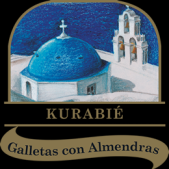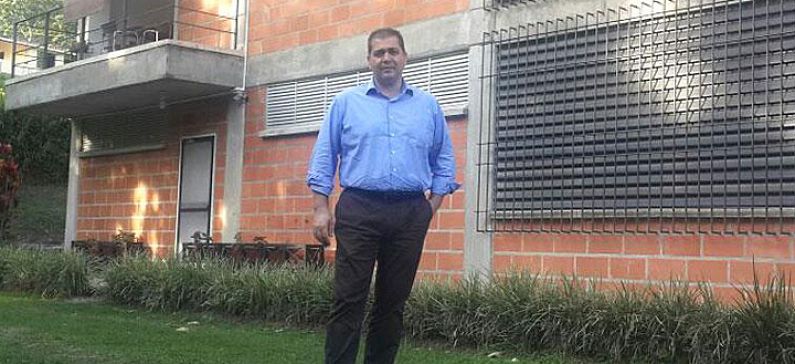
The sweet pastry that has amazed Columbia
The entrepreneur who is behind Colombia’s amazement of the Greek “kurabie” (sugared bun) is Spyros Gogas, the main shareholder of Greco SA. Today, his factory in the northern suburbs of the city, which was once the headquarters of the legendary Pablo Escobar, produces 60 tonnes of sugared buns per month, most of which are for inside the country consumption, but one part is exported to Panama and Ecuador.
Spyros Gogas, a native of Corfu, studied biology in Athens and arrived at Medellín 20 years ago. “At some point, I realized that Corfu was too small for me and that I should look for my fortune in the wider world,” he said. Thus, he boarded a plane, landed in Colombia, bought an outdated factory, and began to produce kurabiedes (plural of kurabie). The locals were impressed by the sweet pastry and soon became an everyday pleasure.
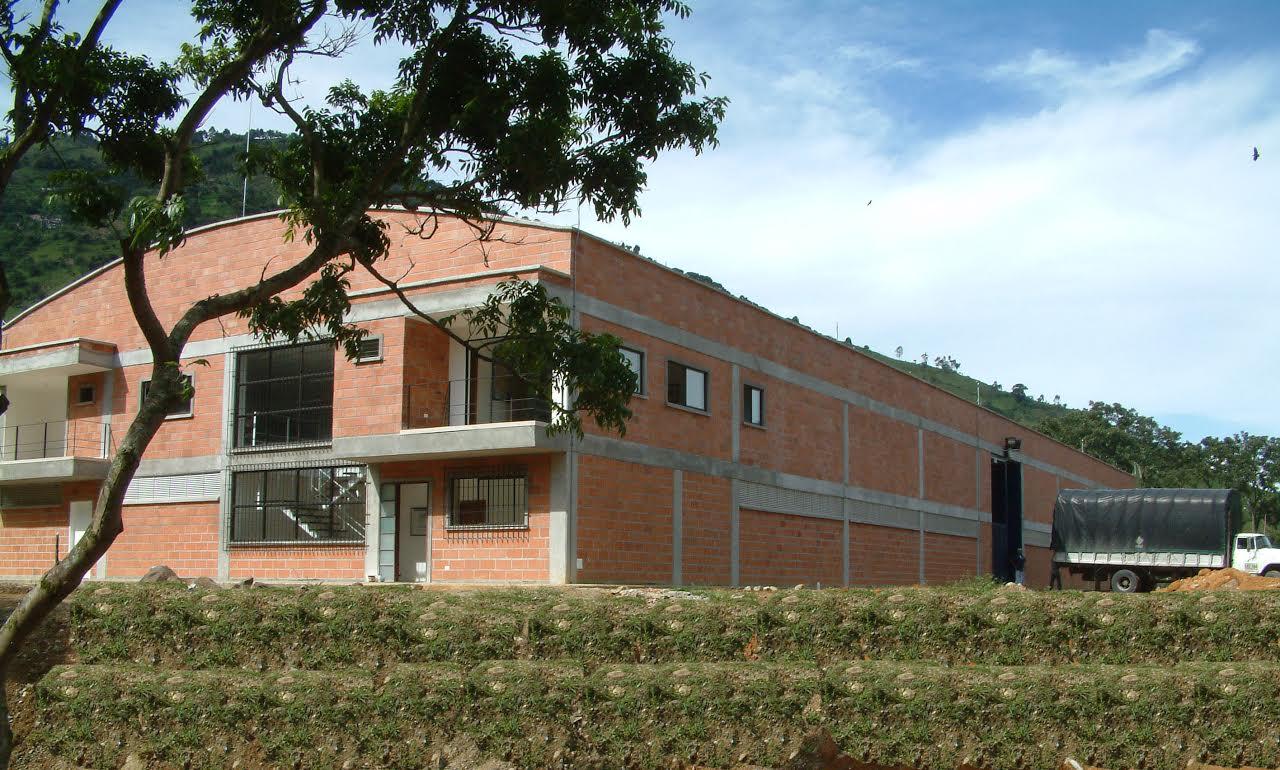
Due to the exceptional climate of “eternal spring”, the youthful and educated workforce, the cheap national currency and the friendly-towards-businesses government policy the city is a magnet for foreign businesses.
The entrepreneur’s company is part of a group of companies active in the textile industry, food and distribution sectors. Over the past 6 years, Greco has expanded its list of products by adding candy, chewing gums, chocolates and biscuits. But the product-flagship of the company remains the “heroic” kurabie.
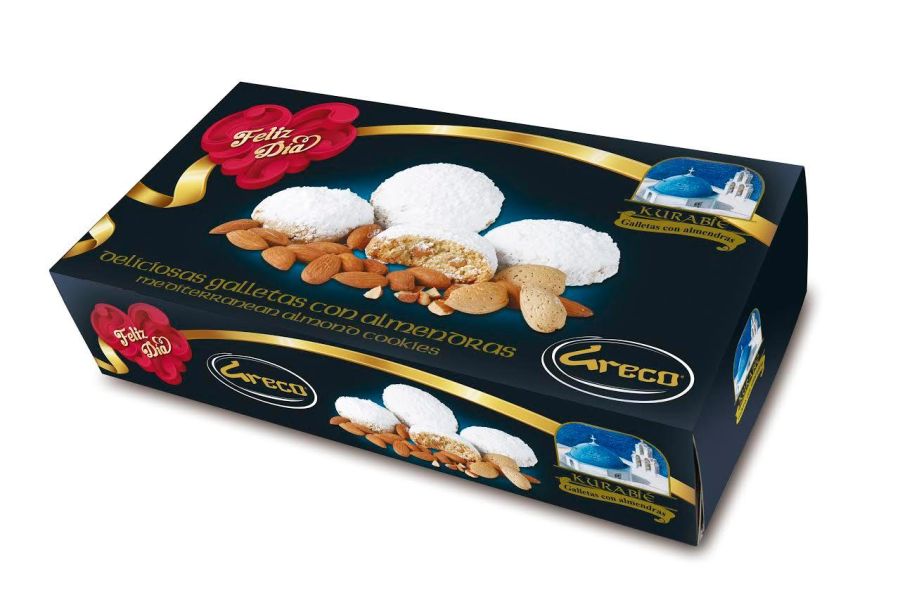
He already had some family members in Medellín, so the city of Colombia was a natural choice. He bought a used factory with some old machines and decided to start his business. “My first attempts were tragical failures. And then I came up with the idea of kurabiedes. I bought new machines and the rest is history. ” At the question of why he chose that specific pastry, he replied: “When I first came in the country, the biscuit market was dominated by two or three big companies following the principles of mass marketing. I followed a strategy later called ‘niche marketing’. In other words, I thought of some Greek cultural preferences and I found myself following – without knowing it – a very revolutionary marketing strategy!”
Mr. Goga’s story is a living example of the pros and cons of a stranger trying to enter a market. The disadvantages are the lack of knowledge of local conditions and local culture, but the advantages are the introduction of new ways of thinking that revolutionize local traditions and rules, which for many analysts is the quintessence of entrepreneurship.

His factory now employs 150 people who are locals. “Our workers all have families. They work within values that emphasize hard work and discipline. The local community has embraced and supported us from the first moment,” he admits and continues, saying, “I see the people here are truly inside the corporate world. I also believe that the current climate of ideas in Medellín encourages entrepreneurship and innovation. From this point of view, Colombia is very different from Europe, especially Greece, where the vision is the public sector.
Here people do not want to become civil servants – they want to become entrepreneurs. The civil servants here do not have the privileges they have in Greece, for example, permanence. Every parent’s dream is for their children to work in a private business, not in the public services. It also helps tax policy here to be relatively stable, while in Greece changes every day. The backbone of Colombia and the “steam engine” of the economy are small and medium-sized enterprises. This takes account of tax policy. ”
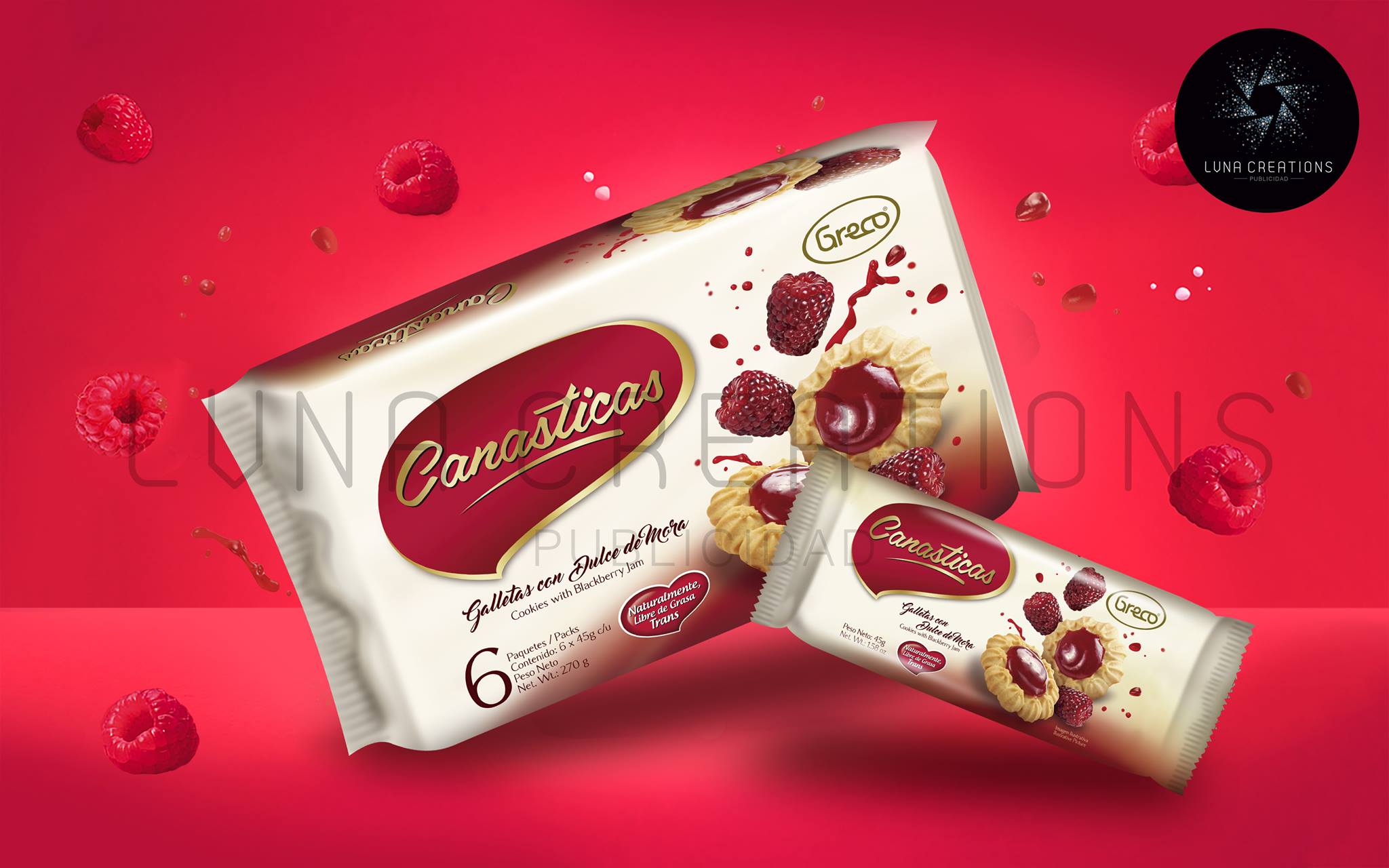
Spyros Gogas, when asked what exactly characterizes best the business activity in a developing country like Colombia, replied that “Here we have to be in a continuation of “edginess”. Every day, you face new factors that you had never even dreamed of and new conditions you could not have predicted. There are great opportunities, but also big risks. It is as if Hell and Paradise are united in one. One day, you are rich and the other you have nothing! ”
Mr. Gogas is married to Maria Victoria Mesa and has three children, Carolina, Sophia and Nicholas.




